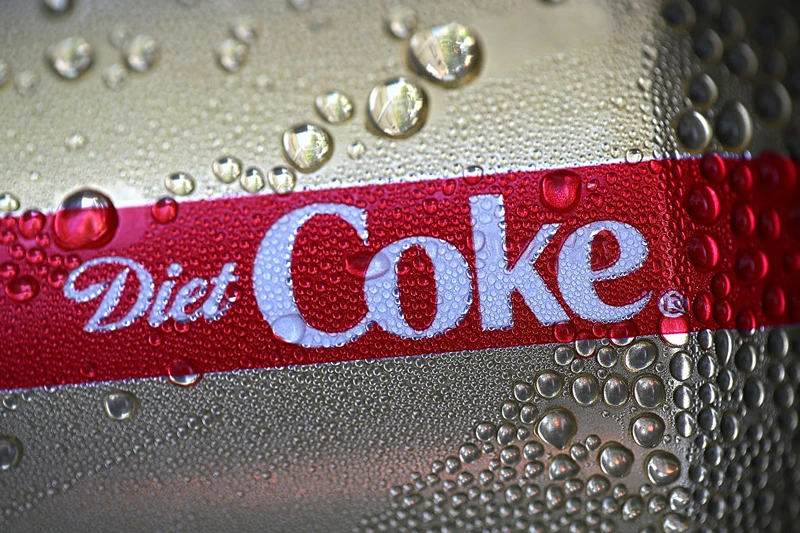

OAN’s Noah Herring
6:12 PM – Thursday, June 29, 2023
Aspartame, one of the most commonly used artificial sweeteners for many diet beverages, is expected to be labeled as a possible carcinogen by the cancer research arm of the World Health Organization (WHO).
Advertisement
“[The International Agency for Research on Cancer (IARC)] has assessed the potential carcinogenic effect of aspartame,” the WHO said in a statement to Fortune. “Following this, the Joint FAO/WHO Expert Committee on Food Additives (JECFA) will update its risk assessment exercise on aspartame, including the reviewing of the acceptable daily intake and dietary exposure assessment for aspartame.”
However, the WHO report also indicated that there is only limited evidence suggesting the sweetener is a cancer-causing agent.
Aspartame is an artificial sweetener that is commonly used in beverages and food products like Diet Coke, sugar-less chewing gum, and Dannon Activia yogurt. It is also used in some cough drops as well as certain toothpaste brands.
The IARC assesses whether a chemical or substance is a potential hazard, based on evidence that is researched and published. However, the agency does not take into account how much a person can consume safely.
The meeting began towards the end of June and the concluded findings will be announced on the same day that the IARC makes its decision, July 14th.
The move to label the sweetener as a possible carcinogen will most likely be a controversial subject, since products like Diet Coke are very popular with consumers. The IARC has also faced criticism in the past for alarming the public about substances that are difficult to avoid.
“IARC is not a food safety body,” said Frances Hunt-Wood, the secretary general of the International Sweeteners Association. “Aspartame is one of the most thoroughly researched ingredients in history, with over 90 food safety agencies across the globe declaring it is safe, including the European Food Safety Authority, which conducted the most comprehensive safety evaluation of aspartame to date.”
This recent classification by the WHO is a huge blow to sugar substitutes overall. Consumers were advised by the WHO to stop using non-sugar sweeteners to lose weight, reporting that they did not help with weight loss whatsoever.
Stay informed! Receive breaking news blasts directly to your inbox for free. Subscribe here. https://www.oann.com/alerts






Be the first to comment